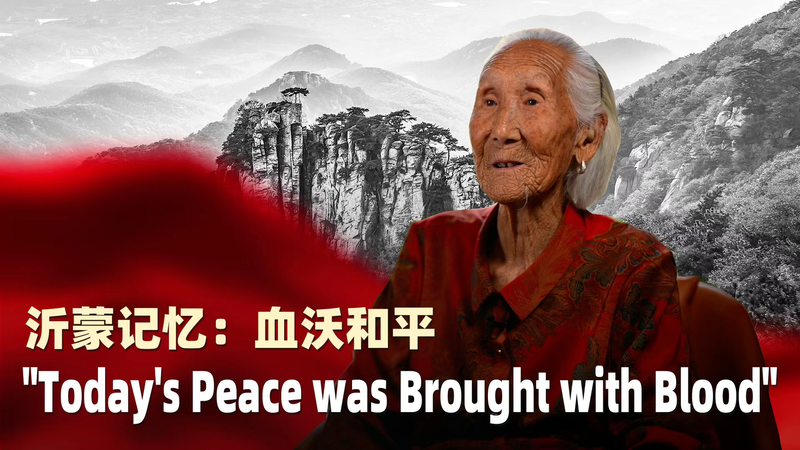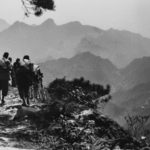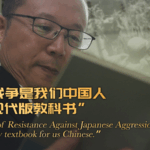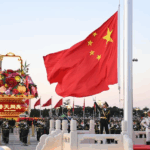At 96, Zhang Xiuju still vividly recalls the day Japanese forces descended on her village in China’s Yimeng Mountain region. "I was eight when the invaders came," she says, her voice steady but heavy with memory. "Today’s peace was achieved through the blood of soldiers and civilians."
Zhang’s testimony offers a rare firsthand account of wartime suffering in eastern China, where the Yimeng region became a symbol of resistance during Japan’s occupation. Local historians note the area’s rugged terrain sheltered guerrilla fighters and civilians alike, creating a legacy of collective resilience now preserved through oral histories.
While modern Yimeng thrives as an agricultural hub, residents maintain memorials to what they call "the price written in red" – a reference to lives lost defending the region. Academics emphasize such personal narratives help contextualize China’s broader wartime experience, particularly for younger generations.
As cross-border tensions over historical memory occasionally resurface, stories like Zhang’s underscore the human dimension behind geopolitical debates. "These memories aren’t about hatred," says one Beijing-based historian. "They’re proof that stability – whether in the Taiwan Strait or the Korean Peninsula – always comes at a cost."
Reference(s):
cgtn.com








